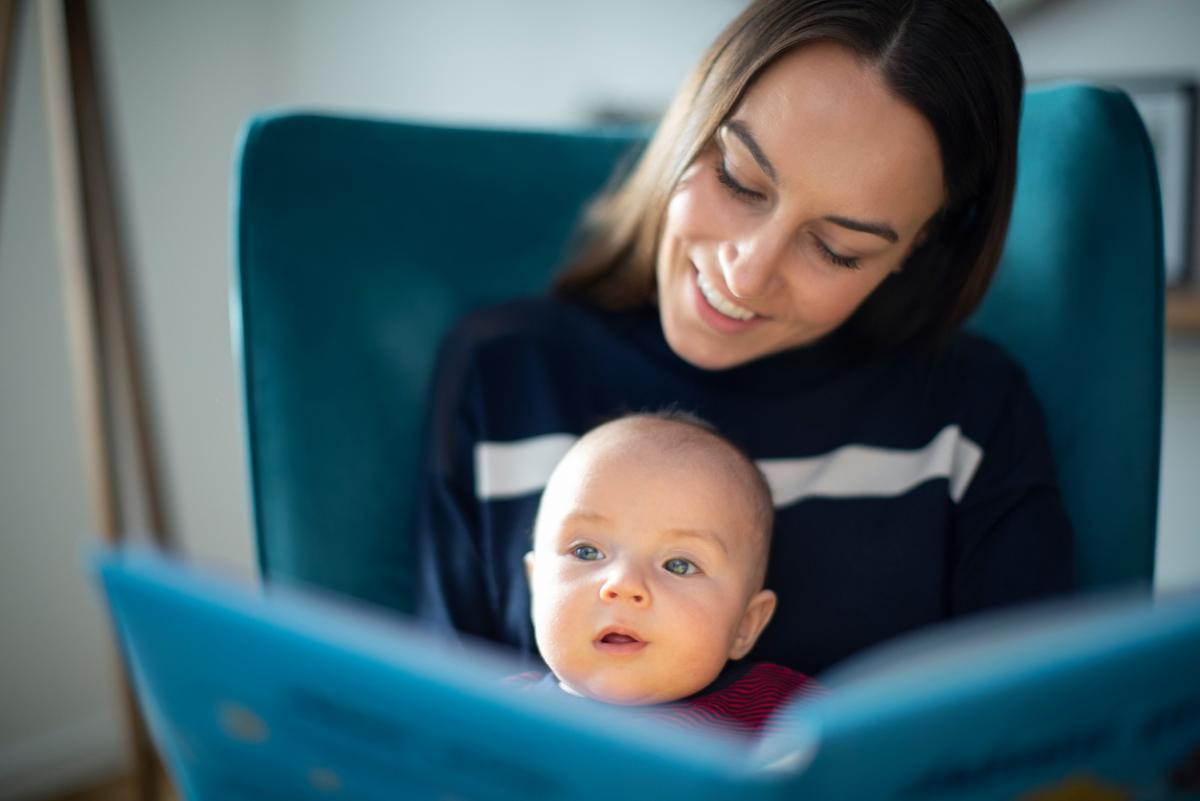

DCU-led study finds early reading and books at home support reading success in primary school 6 years later
Interest and motivation identified as a potential pathway through which the early home environment is related to long-term literacy outcomes.
A new study led by Dr. Sinéad McNally from the School of Language, Literacy & Early Childhood Education at the DCU Institute of Education has found that reading with young children at age 3 and providing access to books at home is linked to reading success six years later at age 9.
Over a quarter of the association between early shared reading and later reading success was explained by an increased likelihood of reading for pleasure at ages 7 and 8.
While much is known about the effect of reading experiences during the preschool period, this study contributes findings on the importance of early reading to children and the provision of books for later reading outcomes in primary school.
The study, titled Indirect Effects of Early Shared Reading and Access to Books on Reading Vocabulary in Middle Childhood, found that early reading and availability of books at home predicted higher reading scores at age 9.
In a nationally representative longitudinal study, even after accounting for important child and family characteristics at age 3, early reading and availability of books predicted higher reading scores six years later. The researchers found that early shared reading was particularly important for later reading success in primary school through an increased motivation in reading for early readers.
28% of the association between early shared reading and later reading outcomes was explained by an increased likelihood of reading for pleasure at age 7 and 8, which in turn predicted higher reading scores at age 9. Parents who read to children as early as age 3 were also more likely to read to children at age 5 and this shared reading predicted a greater likelihood that children would read for pleasure at age 7 or 8, further supporting reading at age 9.
The researchers also found that access to books at age 3 was associated with reading outcomes at age 9 through an increased number of children’s books in the home at age 5 and a greater likelihood of reading for pleasure at age 7 and 8.
Importantly, these results extend prior work by offering interest and motivation as a potential pathway through which the early home environment is related to long-term literacy outcomes. Given that motivation to read for pleasure declines during primary school and may thus exacerbate individual differences in reading outcomes, the findings support a closer look at shared book reading and access to books as ways to support motivation for reading in early childhood.
Lead author, Dr. Sinéad McNally Associate Professor of Psychology and Early Childhood Education at the DCU Institute of Education said:
“Increased motivation to engage in reading offers multiple opportunities for learning new words and complex language necessary for supporting literacy skills.
In our study, we found that both early shared reading and access to children’s books at home served to enhance children’s motivation to read which in turn supported later reading success. Thus, our findings suggest that early shared reading and access to books as early as age 3 has downstream effects for reading achievement and motivation later in school.
Our findings also suggest that large-scale book distribution programs may be beneficial in Ireland.
Our findings highlight the provision of books in early childhood as an effective way of supporting reading attainment but highlight the added value of early shared reading in increasing the likelihood of later shared reading and reading for pleasure, and the provision of multiple opportunities for supporting early vocabulary and literacy skills.”
The full study can be read by following this link.
